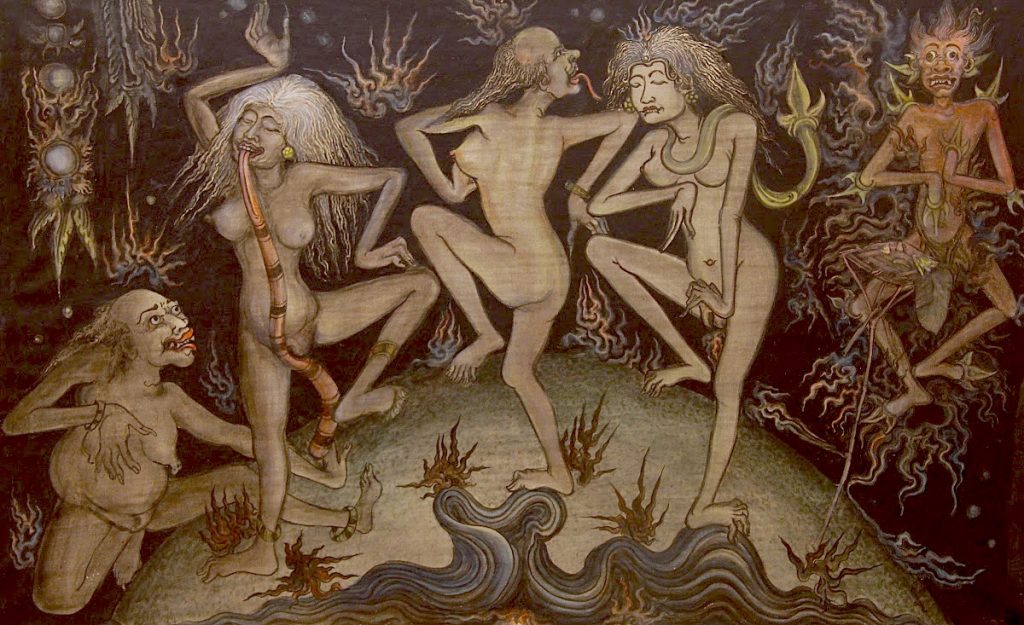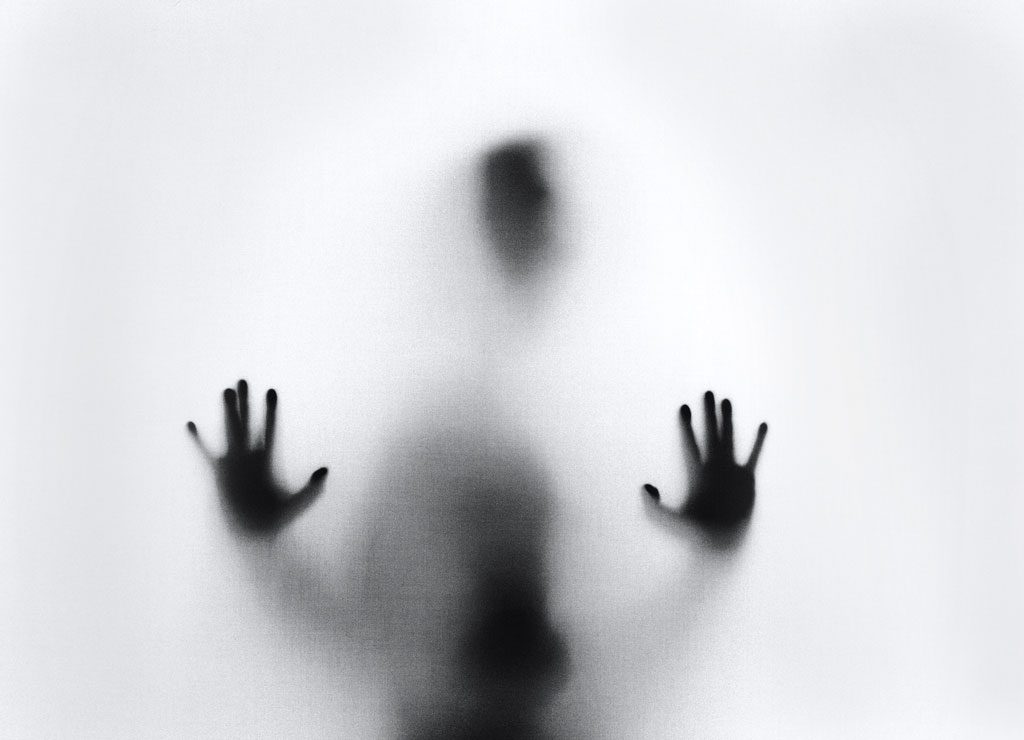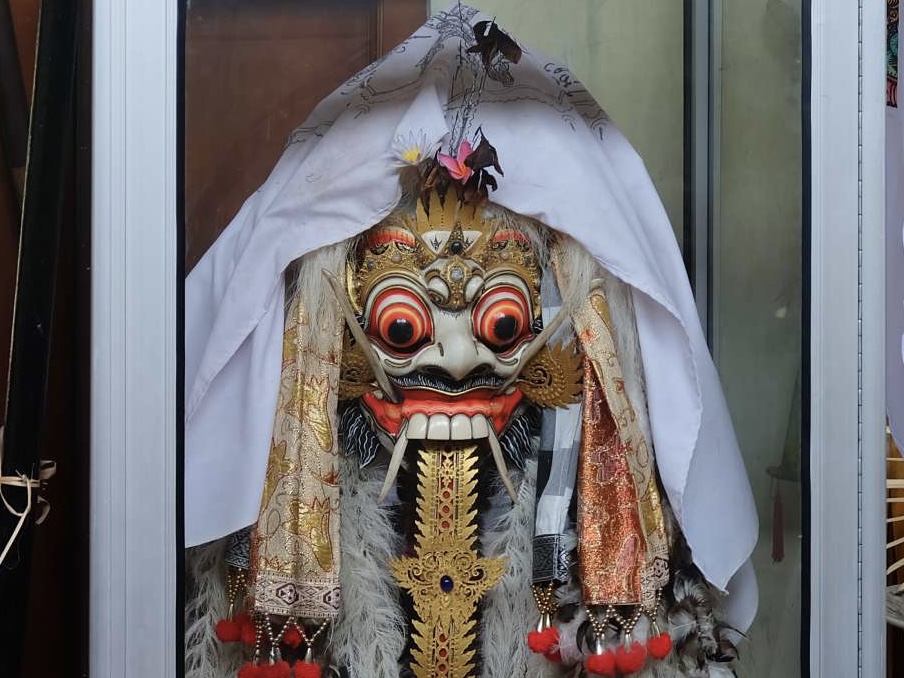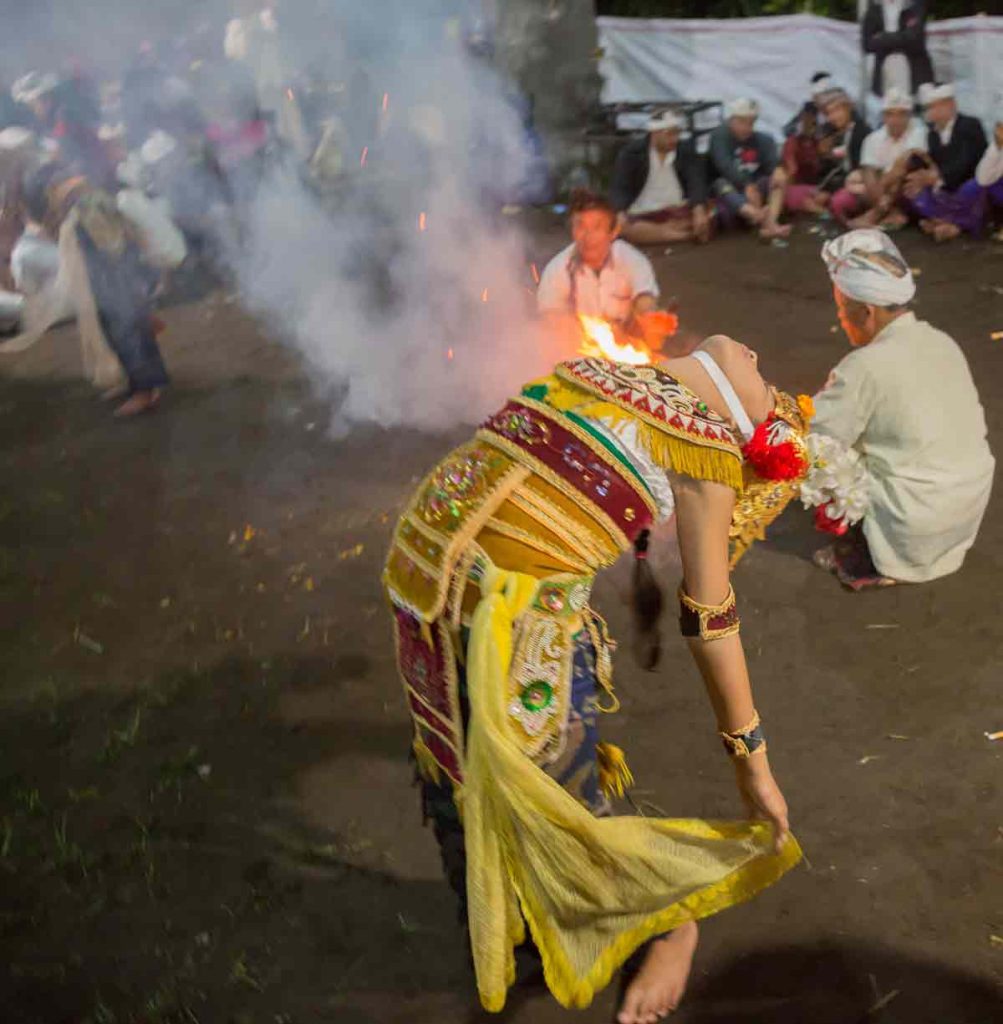Being an island filled with mysticism, Bali is no stranger to ghost stories and eerie folklore. In fact, it’s practically part of the culture on the island. Both positive and negative forces must exist on the island simultaneously for balance to exist, this the philosophy of Rwa Bhineda – the balance of opposites.

Stories of demons are common, be it the demon-witch Rangda, who appears in many Balinese dance and theatre; or Jero Gede Mecaling, the ancient spreader of disease in animist beliefs. Then you have your leyak, practitioners of black magic. Tied into this deep mysticism are of course the folk tales told to children; the myths believed by communities for generations. Here we share a three eerie Balinese myths in honour of the Halloween season!
The Dangers of a Lost Soul

Did you know, it’s possible for one to ‘lose their soul’ in Bali. From unfinished death rites to falling unconscious, souls can lose their connection and wander among us.
Souls, or ‘atma’, reside in Tanah Ane Wayah, the world above the mountain, the abode of the gods. When a baby is born, the soul of an ancestor comes down into the child. Through a series of ceremonies in a baby and child’s early life, the soul is essentially rooted into the body, and transitions harmoniously into our world. In death, the soul must be sent back to its place of dwelling with equally important rites; many ceremonies and an official ngaben cremation must take place. Only then can the atma be released from this earthly realm and rejoin the abode of the gods.
So, what happens when this doesn’t take place? Well, we have what is called an atma kesasar, or lost soul. These lost souls are dangerous; they are the ones who cause misfortune, calamities, sickness and more here on the earthly realm.
Lost souls aren’t only created through failed death rites, minor accidents can also create these. When a Balinese Hindu trips, falls off their bike, has a great shock, they risk their soul being ‘spilled’. This is usually determined if the person has lost consciousness or acts strange after the incident. One Balinese visualised this as an open bottle of beer being tipped over and picked up again; the beer has poured out of the bottle. When someone has ‘lost’ their soul, they become distressed, traumatised and perpetually confused. To amend this, new ceremonies must take place to secure the soul or indeed ensure that is given its deserved path back to Tanah Ane Wayah, where it will wait to be reincarnated again.
Witchcraft, Curses and Shapeshifters

Perhaps the most feared of all of Bali’s supernatural phenomenons is the leyak (or leak), the ‘witches’ and practitioners of black magic.
Ajian Pangleyakan is the study of Balinese sorcery. It is considered an ancient art and study into the realms of Bali’s niskala, or ‘unseen’, world. In this case, ‘sorcery’ is the ability to master unseen or supernatural forces and in Bali, its practice is not necessarily frowned upon. In fact, priests and shamans (balian) are sought after for their ability to assist an individual using these forces, whether it is to provide prayers, heal, provide charms or act as mediums.
How these teachings are used, however, is up to the individual and their own intent. It is those who decide to use these forces for negative purposes (‘left-handed magic’) that are branded under the name ‘leyak’, of which there are said to be 35 different kinds. The powers of a leyak are varied, ranging from causing illnesses and accidents to causing bodily harm or even killing. Their methods can be cruel. For example, a victim may experience extreme stomach pains, to find that a leyak has mysteriously placed nails inside of their body. Leyaks are said to be hired or called upon by those hoping to inflict hardship on business rivals, cheating spouses, a grudge and so on. Leyaks are most known for their abilities to ‘transform’. Through mastery of their practice, their spirit is able to leave their body and take other forms, including bodiless heads with hanging entrails, fireballs, animals, objects, and most terrifying of all, Rangda, the queen of the leyaks herself, her long tongue, sharp fangs and hideously frightening image a horror for any to witness.
Read the full article on Pengleyakan here.
Trance and Possession

During a Balinese ceremony or performance, it’s not uncommon to see someone fall into a trace. This is known as kerauhan, during which it is believed that a spirit is now in control of someone’s mind and body.
This may be hard to fathom for many people, but upon seeing the self-stabbing act of ngurek, or people holding coconuts alight with fire, logical explanations are hard to find.
Trance, possession, spiritual mediation… these are seen in Bali in many ways. During long, very spiritual-charged processions, such as from mountain temples to the sea, pilgrims may all of a sudden freeze, close their eyes, raise their arms and begin to dance. Some may speak in tongues, others may eat certain food. Witnessing a whole group in trance, one might think they have walked into a mental asylum! That is, until a priest comes and sprinkles holy water on them, during which they may faint and rest on the floor. At ceremonies this is often involuntary ‘possession’, where one is at the will of the ancestor or ida bhatara (deity) who has taken over mind and body.
There are voluntary possessions. One is by the balian, a Balinese healer. A particular type of balian is sought to naur sot, or speak to the deities. During this, they will serve only as a medium, the voice coming out of their that of an ancestor or deity.
Trances are best seen in Balinese dance performances. Deities will descend, or sungsung with a specific request to dance, or makayunan masolah. The worshipper grants this through kerauhan – trance, possession. In some cases, this sees the dancer entering specific states or behaviours. The sacred Sang Hyang Dedari dance of the nymphs sees girls sway and fold in a dreamy state, or mask dances sees dancers take on particular characters.
Read the full article on Kerauhan here.









